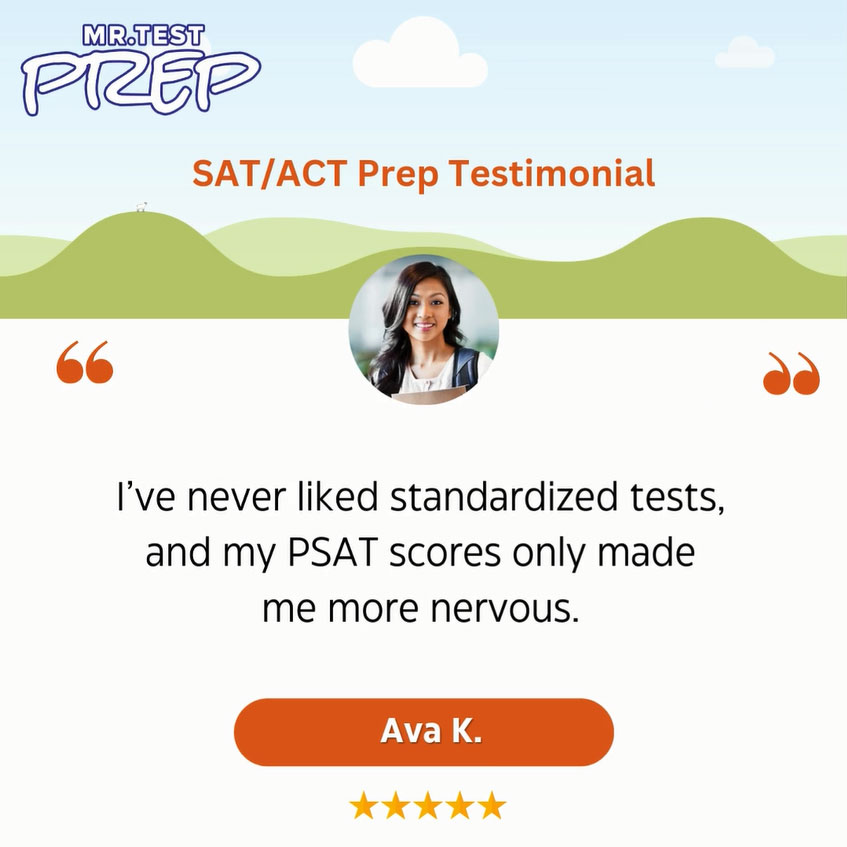
Table of Contents
- Why 4 Points Matter: Understanding the Impact on College Acceptance
- Strategies for a Stronger ACT Performance
- Making Sense of ACT Sections: Your Personalized Study Plan
- Conquering Test Day: Boosting Confidence and Managing Anxiety
Why 4 Points Matter: Understanding the Impact on College Acceptance
Achieving a 4-point increase on your ACT can be a game-changer for college admissions. Imagine the difference this can make—like going from a B to an A on your final report card. Such a boost doesn’t just enhance your applications; it can significantly raise the likelihood of acceptance into more competitive schools by up to 30%. This leap can open doors to institutions you’ve only dreamed about, potentially securing you a spot in a university known for the exact program you’re passionate about.
Not only does this increase enhance your college possibilities, but it can also provide access to scholarships that are often tied directly to test performance. That translates to less financial strain for you and your family, making college more affordable.
Moreover, a higher ACT score reflects improved test-taking skills, demonstrating your growth as a student. It showcases your ability to tackle challenges and underscores your commitment and work ethic to college admissions boards. This isn’t just about numbers — it’s about presenting your best self. With dedication and the proper preparation, you’re setting yourself up for success and creating a bright future full of potential. Keep this vision in mind as you work towards those 4 points. They matter more than you think!
Strategies for a Stronger ACT Performance
Boosting your ACT score is like cooking a successful meal—you need the right ingredients and techniques. First, consider incorporating regular practice tests into your study routine. Doing so has been shown to increase composite scores by up to 4 points. These tests act like dress rehearsals, helping you get comfortable with the exam format. Think of them as powerful tools that help you identify strengths and target areas needing improvement.
Another key ingredient is focusing on your most challenging sections. Are you struggling more with Math or the English section? Prioritize your study time accordingly, allowing for a deeper dive into each area’s nuances. It’s like giving extra water and sunlight to the plants that need it most in a garden; targeted attention thrives in the end.
Collaboration can also be your secret weapon. Joining a study group can transform preparation from a solo marathon into a team relay, making it engaging and interactive. Exchange tips, clarify doubts, and motivate one another to push through tough spots.
Lastly, don’t underestimate the value of using official ACT materials. These resources are tailored to reflect the actual test’s style and demands, making them invaluable in your path to improvement. With these strategies at hand, you’re well-equipped to forge a stronger ACT performance.
Making Sense of ACT Sections: Your Personalized Study Plan
Just like a coach crafts training routines focused on each athlete’s strengths and weaknesses, designing a personalized study plan for the ACT is crucial for success. First, start by dissecting each ACT section—English, Math, Reading, and Science—and identify which ones pose the biggest challenges for you. By doing this, you set the stage for targeted practice, doubling down where it’s needed most to maximize improvement.
To bring structure to your study plan, allocate specific days to focus intensely on one section at a time. This method, often called “block scheduling,” allows you to deepen your understanding of each subject and keeps your study routines fresh and engaging. Sprinkle practice quizzes throughout to assess your progress and adjust your focus as needed.
Don’t forget to incorporate different study techniques, such as flashcards for vocabulary in English or formulas in Math. Consider online resources or apps to keep the practice interactive and varied. Meanwhile, staying flexible is vital; adjust your plan based on what works best for you, making room for relaxation breaks to prevent burnout.
Remember, this isn’t just about cramming information; it’s about building confidence and test-taking skills. By knowing your personal strengths and challenges, you can create a study path that leads directly to achieving your score goals.
Conquering Test Day: Boosting Confidence and Managing Anxiety
Facing the ACT is a bit like standing at the starting line of a race—feelings of excitement and a touch of nerves mix together. But with the right mindset and strategies, you can transform anxiety into confidence. Start by visualizing success. Picture yourself calmly navigating each section, confidently answering questions. This positive mental rehearsal can help reduce stress and set a successful tone for test day.
Managing test anxiety often begins with preparation. Familiarize yourself with test logistics—know the location and schedule in advance to minimize surprises. On the morning of the test, aim for a balanced breakfast with protein to fuel your brain and keep energy levels steady. It’s a simple yet effective way to set yourself up for a clear mind.
Incorporating mindfulness techniques can further help. Before the test, practice deep breathing or a short meditation to center yourself and focus your thoughts. Deep breaths signal your body to relax, while meditation can sharpen your concentration.
Additionally, equip yourself with the tools of time management and pacing. With practice, you’ll know how to allocate your time wisely during the test, allowing you to handle challenging questions without panic.
Ultimately, remember that the ACT is just one component of your education journey. With preparation and a calm mindset, you’re more than capable of crossing the finish line with confidence.
Conclusion
Improving your ACT composite score by 4 points might seem like a big undertaking, but with the right strategies and mindset, it’s definitely within reach. Remember, every effort you put into understanding the test brings you closer to your college dreams and potential scholarships. Focus on your strengths, persevere through challenges, and use these powerful strategies to guide your journey. By transforming anxiety into confidence and tailoring your study plan to your personal needs, you’re setting yourself up for success. Believe in your ability to achieve your goals, and let that belief carry you through this rewarding journey. With dedication and a well-crafted approach, those 4 points and a brighter future are yours for the taking!
FAQs
Q: How often should I take practice tests to improve my ACT score?
A: Aim to take a full-length practice test every week. Regular practice helps you familiarize yourself with the test format and timing, leading to improved performance.
Q: What if I’m stronger in some ACT sections than others?
A: Focus more on your weaker sections, dedicating additional study time and resources to them. Balance is essential, so maintain skills in your stronger areas too with periodic review.
Q: How can I manage test anxiety effectively?
A: Practice relaxation techniques, such as deep breathing and mindfulness exercises, before and during the test. Consistent preparation also boosts confidence, reducing anxiety levels on test day.
What is Next?
As you continue your journey to improve your ACT score, consider taking advantage of personalized support. If you’re looking for expert guidance, sign up for a 2-hour free trial session with Mr. Test Prep at www.mrtestprep.com/free-trial. Conducted online via Zoom, this session can provide valuable strategies tailored to your needs. Mr. Test Prep’s unique approach emphasizes confidence-building, offering a satisfaction guarantee and incorporating mindfulness techniques. With over 25 years of experience in SAT, ACT, and PSAT preparation, Mr. Test Prep can help you tackle test challenges effectively. Don’t miss out on unlocking your potential and achieving the scores you’re striving for—take the next step with expert assistance today!





